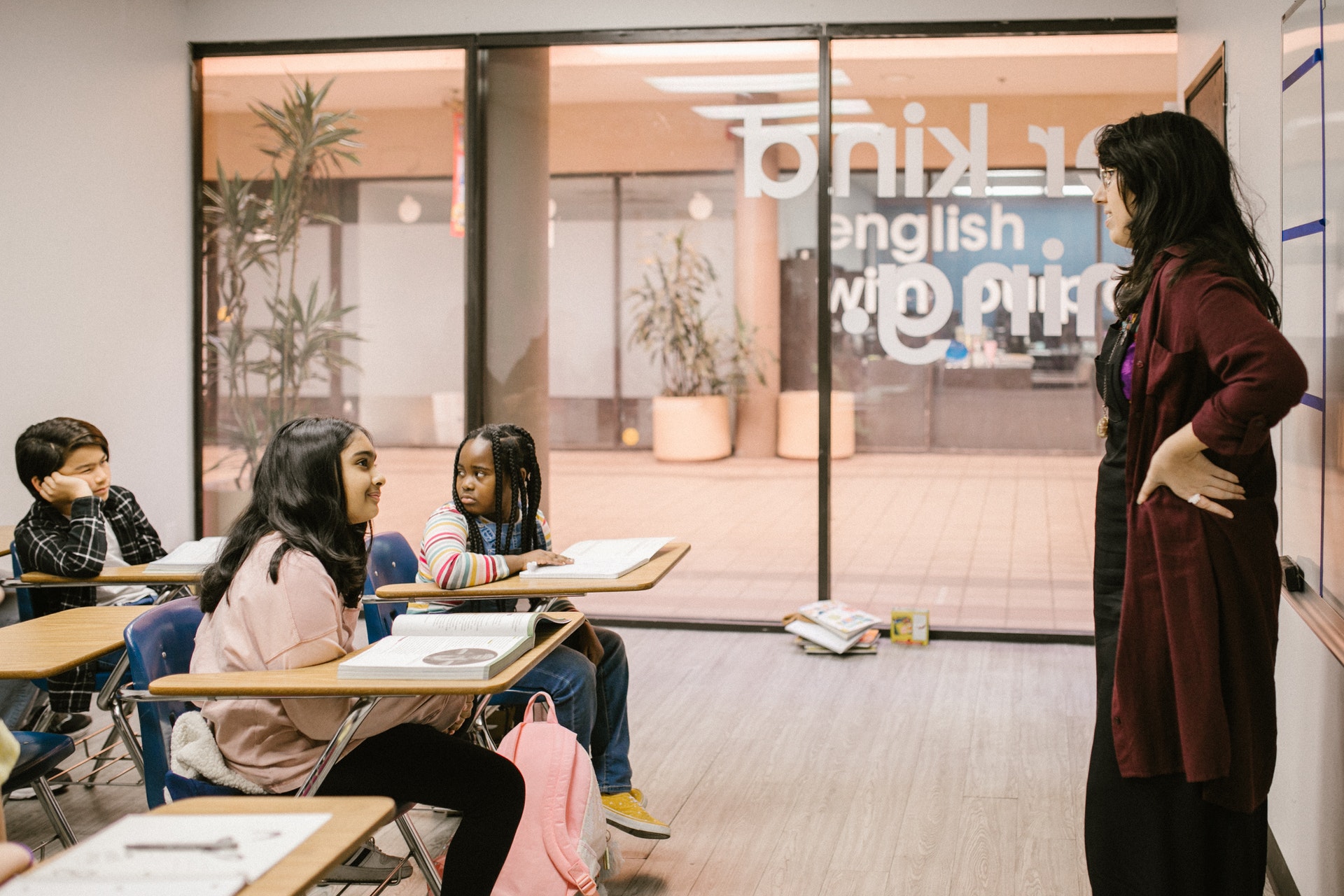Grief is a natural response to loss, and it can be very difficult for children to cope with the death of a loved one. Children who experience grief may exhibit any number of symptoms, including sadness, anger, confusion, fear, guilt, and isolation. In some cases, these symptoms may persist over an extended period and interfere with the child’s ability to function normally. Grief counseling can provide children with the necessary support they need to cope with the death of a loved one.
1. To Understand Their Feelings
Grief counseling can help children understand their feelings and learn ways to cope with them. Children who have lost a loved one may experience various emotions, including anger and denial. Some may feel guilt or shame and guilt, while others might feel anxious about the future and have trouble trusting others in their lives. Grief counseling can help them process these emotions so that they can begin to heal from them.
2. To Help Them Learn How to Honor Their Loss
Grief counseling can also help children learn how to honor their loss. For example, if a child has lost a loved one, they may feel as though they are not worthy of being remembered by others in their life. They might also be afraid of forgetting them. Grief counseling can help them understand that it is okay to grieve and express their feelings about the death of a loved one. It can also help them develop rituals and traditions that will allow them to remember their loved one in a healthy way.
3. To Develop Coping Skills
Grief counseling can also help children learn new ways of coping with loss. For example, if a child has lost a loved one, may be struggling with feelings of guilt about not doing anything to prevent death. Grief counseling can help them develop coping skills that will allow them to move forward in their lives without feeling guilty.
4. To Deal With Difficult Changes
Grief counseling can also help children deal with difficult changes that may have occurred due to the death of a loved one. For example, if a child has lost a parent, they may have to assume new responsibilities at home. They may also struggle with changes in their family dynamic. Grief counseling can help them understand and cope with these changes.
5. To Give Them a Safe Space to Talk About Their Experience
Grief counseling can also provide children with a safe place to talk about their experiences. Children may be reluctant to share their feelings with adults, but they may feel more comfortable talking to a counselor who is specifically trained in helping children deal with grief.
6. To Help Them Rebuild Their Life
Grief counseling can be an important step in rebuilding a child’s life after the death of a loved one. It can help them regain a sense of control over their life and provide them with the support they need to move forward.
7. To Feel Connected to Others
Grieving children often feel alone and isolated after the death of a loved one. Grief counseling can help them connect with the other people who are grieving by helping them understand what the others are feeling and how different people process loss. This can help them feel less alone and more connected to the world.
If you are looking for a way to help your child cope with the loss of a loved one, grief counseling may be an option. Grief counselors have training in helping children deal with their feelings after the death of a loved one and can support them during this difficult time.



